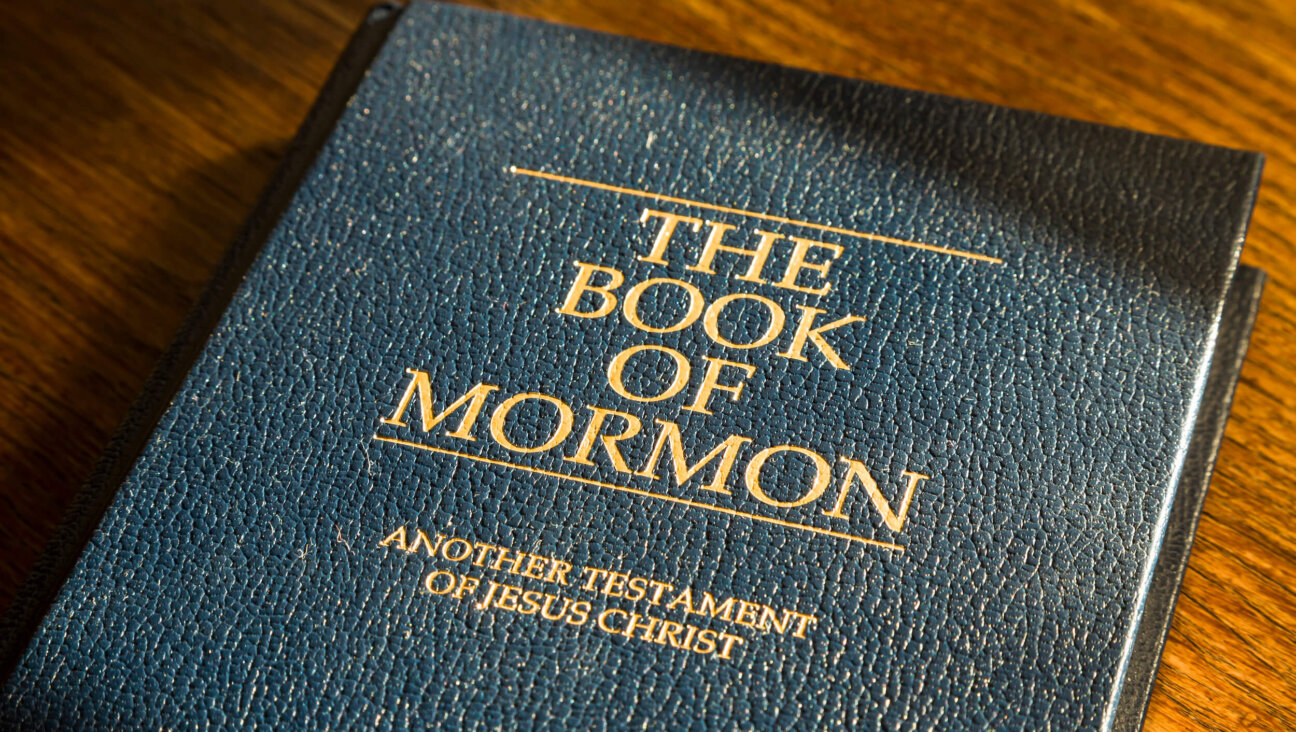Women Plan To Read From Torah Scrolls in Western Wall Push

Image by getty images
Women seeking equal prayer rights at the Western Wall are planning a further challenge to Jewish Orthodox tradition at the site after a court ruling bolstered their cause, an activist said on Sunday.
The Women of the Wall movement hopes to have its members read from a Torah (holy scriptures) scroll at the Jerusalem site, a ritual reserved under Orthodox practice for men only, when it holds its monthly prayer session there on May 10, according to Anat Hoffman, a leader of the group.
The women have already broken with tradition in gatherings at the Western Wall, which is divided into separate men’s and women’s sections, by wearing prayer shawls that Orthodox law says only men should don.
Israeli police, saying they were enforcing Supreme Court guidelines on keeping the peace and following local customs at the site, have routinely arrested women worshippers from the group during the prayer meetings.
The protests have exposed a rift between Israel’s government, which supports Orthodox practice at the Western Wall, and the U.S. Jewish Reform and Conservative movements, in whose synagogues men and women sit together.
In a ruling that Women of the Wall called revolutionary, the Jerusalem District Court said on Thursday that customs change and women should not be arrested for wearing prayer shawls at the site.
Women reading from the Torah at the Western Wall, revered as part of the Biblical Jewish Temple compound, could cause further friction with Orthodox worshippers.
Earlier this month, an envoy appointed by Prime Minister Benjamin Netanyahu to seek a compromise over religious practices at the holy site proposed adding a mixed-gender section for non-Orthodox denominations of Judaism.
Hoffman told Reuters she planned to meet with the envoy, former Israeli cabinet minister Natan Sharansky, on Monday.
“Then we will have a better understanding of what is on the table,” she said.
Sharansky has said the plan to convert an old archaeological dig south of the Western Wall into an area where men and women would be allowed to mix and worship freely would not entail structural damage around nearby al-Aqsa mosque, Islam’s third-holiest site.
The sites came under Israel’s control in the 1967 Middle East war when it captured East Jerusalem and the West Bank.















